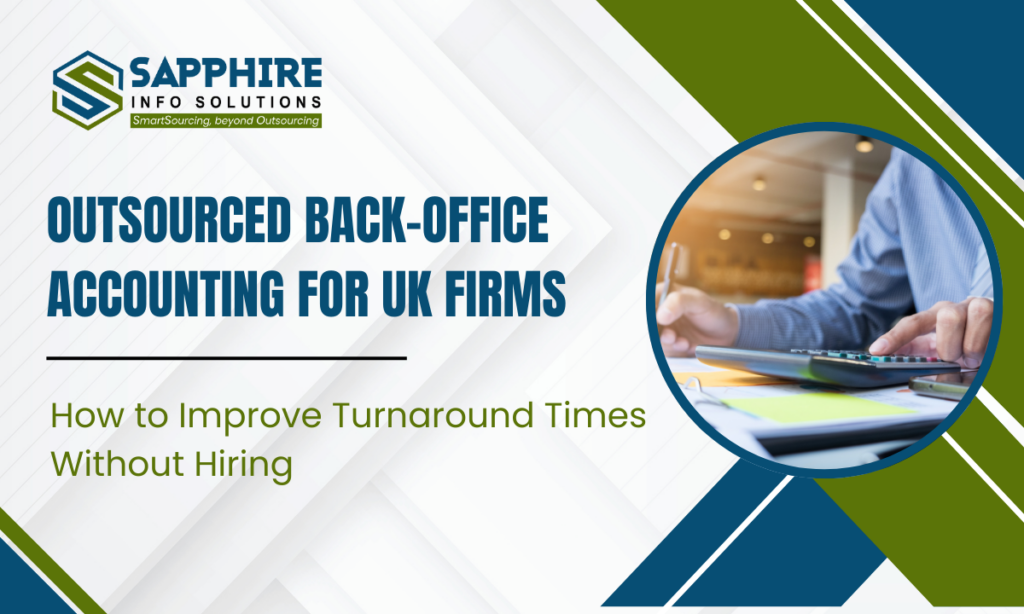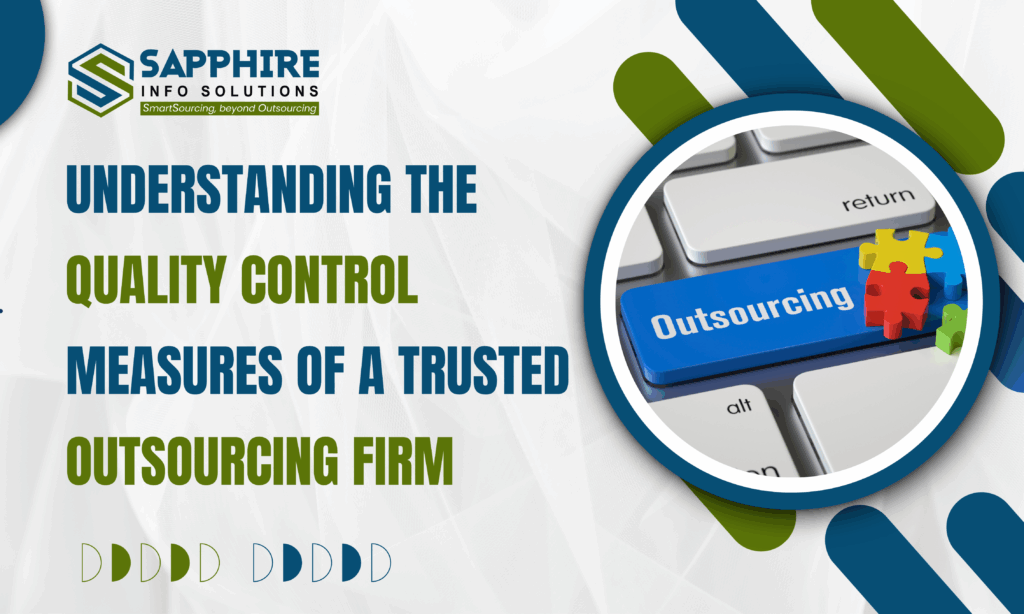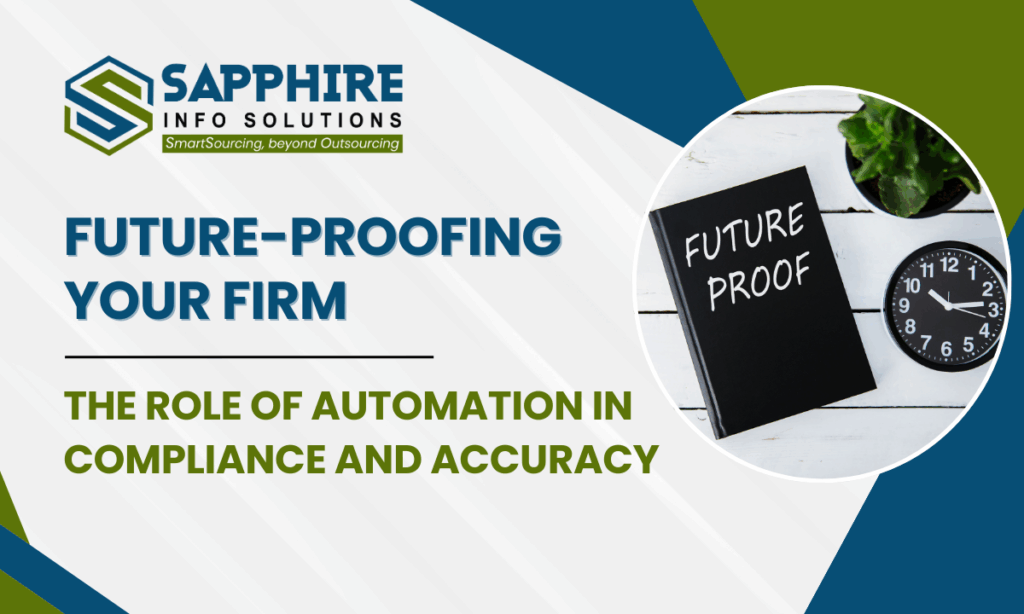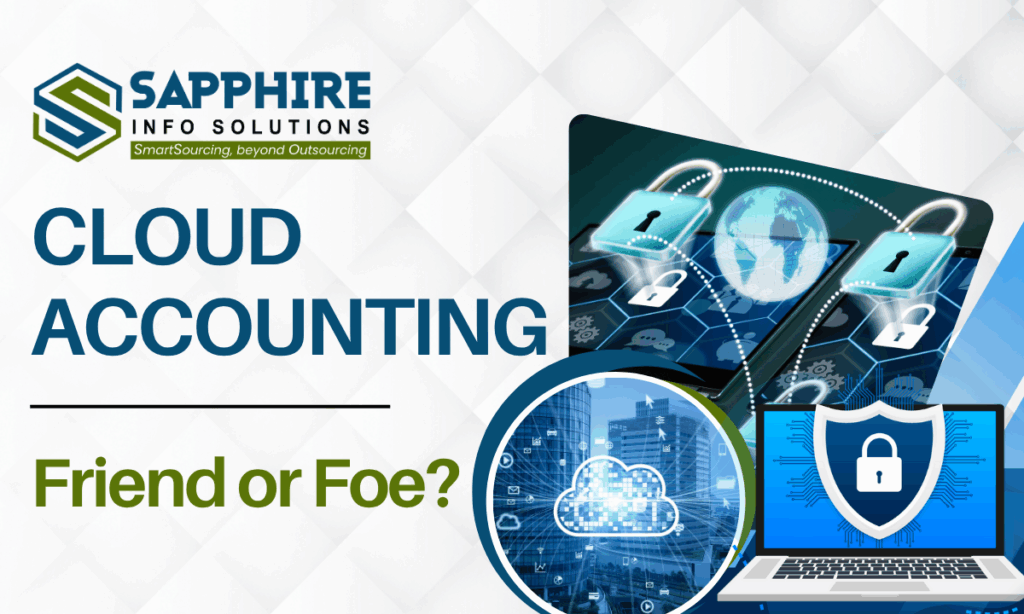In today’s digital age, the role of accountants extends far beyond crunching numbers. Accounting firms in the UK manage sensitive financial data for individuals and businesses alike, making them a lucrative target for cybercriminals. With rising cyber threats, safeguarding client data is no longer optional; it’s a necessity.
This blog serves as a wake-up call for accounting firms to recognize the critical need for robust cybersecurity measures. We’ll explore why accounting firms are at risk, common cyber threats they face, and actionable strategies to bolster cybersecurity.
Why Accounting Firms Are Prime Targets
Accounting firms handle a treasure trove of sensitive data—financial records, tax returns, payroll details, and more. This data is attractive to cybercriminals for several reasons:
- Monetary Value: Stolen financial data can be sold on the dark web or used for fraudulent activities.
- Weak Defenses: Small to medium-sized firms often lack robust cybersecurity measures, making them easier targets.
- Regulatory Penalties: Non-compliance with data protection regulations like GDPR can lead to hefty fines, adding another layer of risk.
The Cyber Threat Landscape for Accountants
Here are the most common cyber threats facing accounting firms:
1. Phishing Attacks
Phishing emails trick employees into revealing sensitive information or downloading malware. These emails often masquerade as official correspondence from trusted sources like HMRC or banks.
2. Ransomware
Ransomware encrypts data, rendering it inaccessible until a ransom is paid. For accounting firms, this can mean losing access to crucial client files during tax season.
3. Insider Threats
Sometimes, the risk comes from within. Disgruntled employees or those unaware of security protocols can unintentionally or deliberately compromise data.
4. Data Breaches
Unauthorized access to databases can lead to the exposure of client information, damaging trust and violating data protection laws.
5. Supply Chain Attacks
If third-party software or services used by your firm are compromised, attackers can exploit these vulnerabilities to infiltrate your systems.
The Cost of Cybersecurity Negligence
The impact of a cybersecurity breach can be devastating, including:
- Financial Loss: Direct costs like ransom payments and indirect costs like lost business.
- Reputational Damage: Clients trust accountants with their most sensitive data; a breach can shatter that trust.
- Regulatory Fines: Non-compliance with GDPR and other regulations can result in severe financial penalties.
How UK Accounting Firms Can Strengthen Cybersecurity
The good news is that there are effective measures accounting firms can implement to protect themselves and their clients. Here’s how to get started:
1. Adopt a Strong Security Framework
Consider implementing a security framework such as ISO 27001, which sets international standards for information security management. Sapphire Info Solutions, for instance, is ISO 27001-certified, demonstrating its commitment to safeguarding client data.
2. Encrypt All Data
Data encryption, both in transit and at rest, ensures that even if data is intercepted, it cannot be easily accessed. This is particularly important for financial records and client communications.
3. Deploy Firewalls and Antivirus Solutions
Install enterprise-grade firewalls and antivirus software to detect and prevent threats at both the network and endpoint levels. For example, Sapphire Info Solutions uses Sophos firewalls and antivirus to secure its systems.
4. Implement Multi-Factor Authentication (MFA)
MFA adds an additional layer of security by requiring users to verify their identity through multiple means, such as a password and a one-time code.
5. Regular Employee Training
Human error is a leading cause of cybersecurity incidents. Conduct regular training to educate staff about recognizing phishing attempts, using strong passwords, and following security protocols.
6. Perform Regular Backups
Back up all critical data regularly to ensure business continuity in case of a ransomware attack or system failure. Sapphire Info Solutions maintains daily, weekly, and incremental backups to ensure data availability.
7. Partner with a Trusted IT Security Provider
Consider outsourcing your cybersecurity needs to a trusted provider with expertise in safeguarding sensitive data. They can offer services such as threat monitoring, vulnerability assessments, and incident response.
The Role of Cybersecurity in Compliance
UK accounting firms must comply with regulations like GDPR, which mandate strict data protection measures. Non-compliance not only leads to penalties but also erodes client trust. A proactive approach to cybersecurity ensures compliance while demonstrating a commitment to client confidentiality.
Cybersecurity is no longer just an IT issue—it’s a business imperative. UK accounting firms must wake up to the reality of cyber threats and take decisive action to protect their clients, their reputation, and their bottom line.
By implementing the right strategies and fostering a culture of security awareness, accounting firms can stay ahead of cybercriminals and focus on what they do best—helping clients navigate the complexities of finance.
At Sapphire Info Solutions, we understand the unique cybersecurity challenges faced by accounting firms. Our robust security practices and ISO certifications reflect our dedication to protecting your data. Contact us today to learn how we can help secure your accounting firm against cyber threats.
















